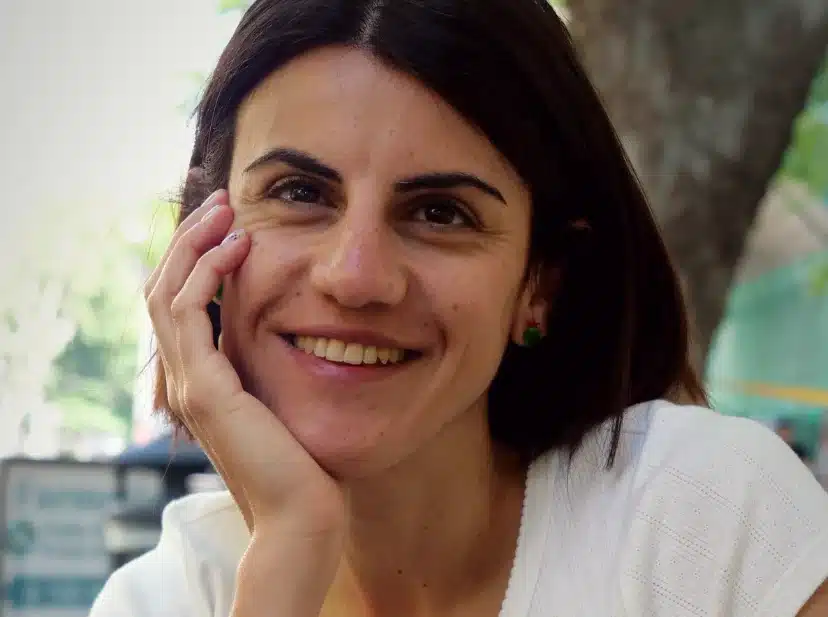What Does “Ogni” Mean?
Ogni is a small but essential word in Italian. It means “every” or “each.” It never changes form — it stays the same regardless of gender or number. Even though its meaning is plural, ogni is always followed by a singular noun. This is one of the most important rules to remember.
Examples:
| Correct Italian | English | Common Mistake |
|---|---|---|
| Ogni studente deve portare il libro | Every student must bring the book | ✘ ogni |
| Ogni giorno bevo un caffè | Every day I drink a coffee | ✘ ogni |
| Ogni volta che parliamo, imparo qualcosa | Each time we talk, I learn something | ✘ ogni |
Using Ogni with Time Expressions
One of the most common uses of ogni is with time expressions. It’s perfect for talking about routines and repeated actions.
In this case, ogni is followed by singular time nouns like:
- giorno (day)
- mese (month)
- anno (year)
- mattina (morning)
- lunedì (Monday), etc.
Examples:
- Ogni mattina mi sveglio alle sette
(Every morning I wake up at seven) - Vado in palestra ogni lunedì
(I go to the gym every Monday) - Ogni estate andiamo al mare
(Every summer we go to the beach) - Ci sentiamo ogni settimana
(We talk every week)
This use is very common in spoken Italian and great for describing schedules and habits.

Test Your Italian
Not sure what your Italian level is?
I’ve created a free online Italian test to help you determine it.
Ogni vs. Tutti / Tutte: What’s the Difference?
Many learners confuse ogni with tutti or tutte, since they can all be translated as every or all in English. The difference lies in structure and focus.
| Italian | English | Structure | Focus |
|---|---|---|---|
| Ogni studente | Every student | ogni + singular noun | Each person individually |
| Tutti gli studenti | All the students | tutti + definite article + plural noun | The group as a whole |
Examples:
- Ogni studente ha ricevuto un libro
(Each student received a book) - Tutti gli studenti hanno ricevuto un libro
(All the students received a book)
Tip:
Both forms are often possible, but they slightly change the meaning:
- Ogni focuses on individuals
- Tutti/Tutte focuses on the group
Dive deeper:







